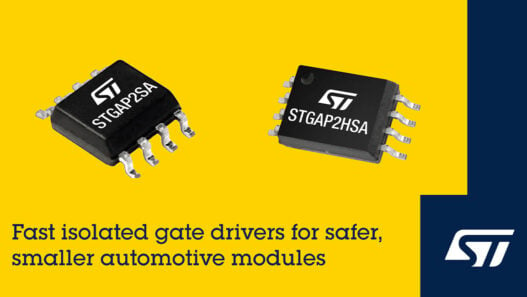The ISO/SAE 21434 standard was published in August 2021 and relates to components, spare parts, and accessories for production vehicles. It covers all phases in the lifecycle of a vehicle – from development through production, operation, and maintenance to recycling.
Although infrastructure outside the vehicle is not actually covered by the standard, charging infrastructure, as an inextricably linked part of e-vehicle infrastructure, is directly affected by it.
Leading role for global standards
Juice sees e-mobility as an overall concept and is therefore of the opinion that charging stations must meet the highest standards in the automotive industry.
Recognising its role in the industry, the charging station installer has therefore put its money where its mouth is and obtained certification in accordance with ISO/SAE 21434 ‘Road vehicles – Cybersecurity engineering’.
Christoph Erni, CEO and founder of Juice Technology is convinced: “For us, adoption of the standard is the consistent continuation of our 3-level concept for security in electromobility, which we presented at the Juice World Charging Day 2021. We are once again a step ahead of our competitors and continue our focus on cyber security. Because even though this cyber security standard isn’t mandatory for suppliers to automotive manufacturers yet, sooner or later it will become a must for the entire industry. That’s why we are adopting it now in order to continue being a strong partner for OEMs.”
Juice is therefore setting standards and making it clear how important it is to think holistically and make security the top priority.
ISO/SAE 21434 in use
Increasing interoperability between vehicles, charging stations, energy management systems and network operators conceals a growing risk of outages because disruptions to electronic systems can spread across individual subsystems.
Prevention is therefore the easiest way to reduce cyber risks. A security-oriented mindset is essential. For charging infrastructure, this means that the security aspects must already be firmly established in the design and development phase.
This ‘security by design’ approach begins with procurement of the hardware components, continues in software design and includes all communication processes. Generally accepted coding standards, code analysis tools and code reviews contribute to the reduction of risks. Tried and tested practices ensure more effective quality assurance.
Measures which are defined in the ISO standard 21434 offer greater security for product developers, OEMs and their suppliers. As an OEM supplier, Juice not only carries out production in automotive-certified factories but also has the latest certification in cyber security engineering.
ISO/SAE 21434
Wherever there is connectivity, there is also a risk of a security vulnerability. Since many software vulnerabilities occur during the development phase, software security must be an integral part of the design process right from the outset. A software security standard for vehicles has been established because the existing security-critical standards are insufficient.
ISO/SAE 21434 covers every phase of the life cycle for a vehicle – from development through to discontinuation. It requires cyber security methods to be applied to all electronic systems, components, software, and all external connections.
The guidelines also cover cyber security throughout the supply chain. In addition, it prescribes that certified companies promote a culture in which cyber security is a central concern and which makes it the focus of every project right from the outset.







